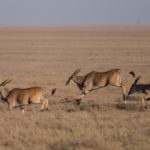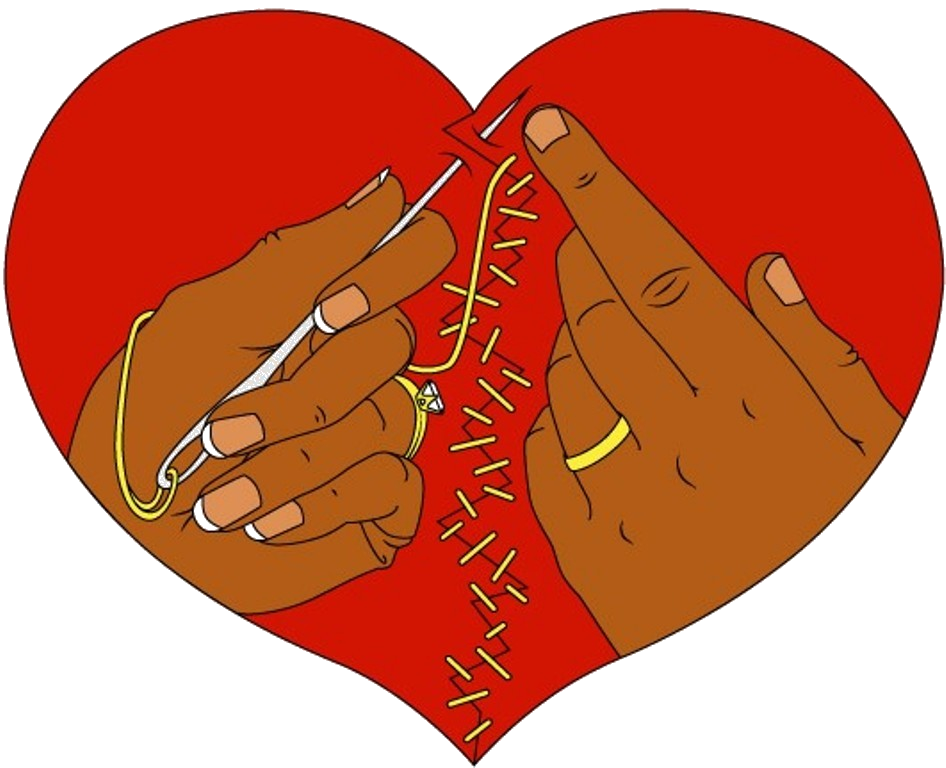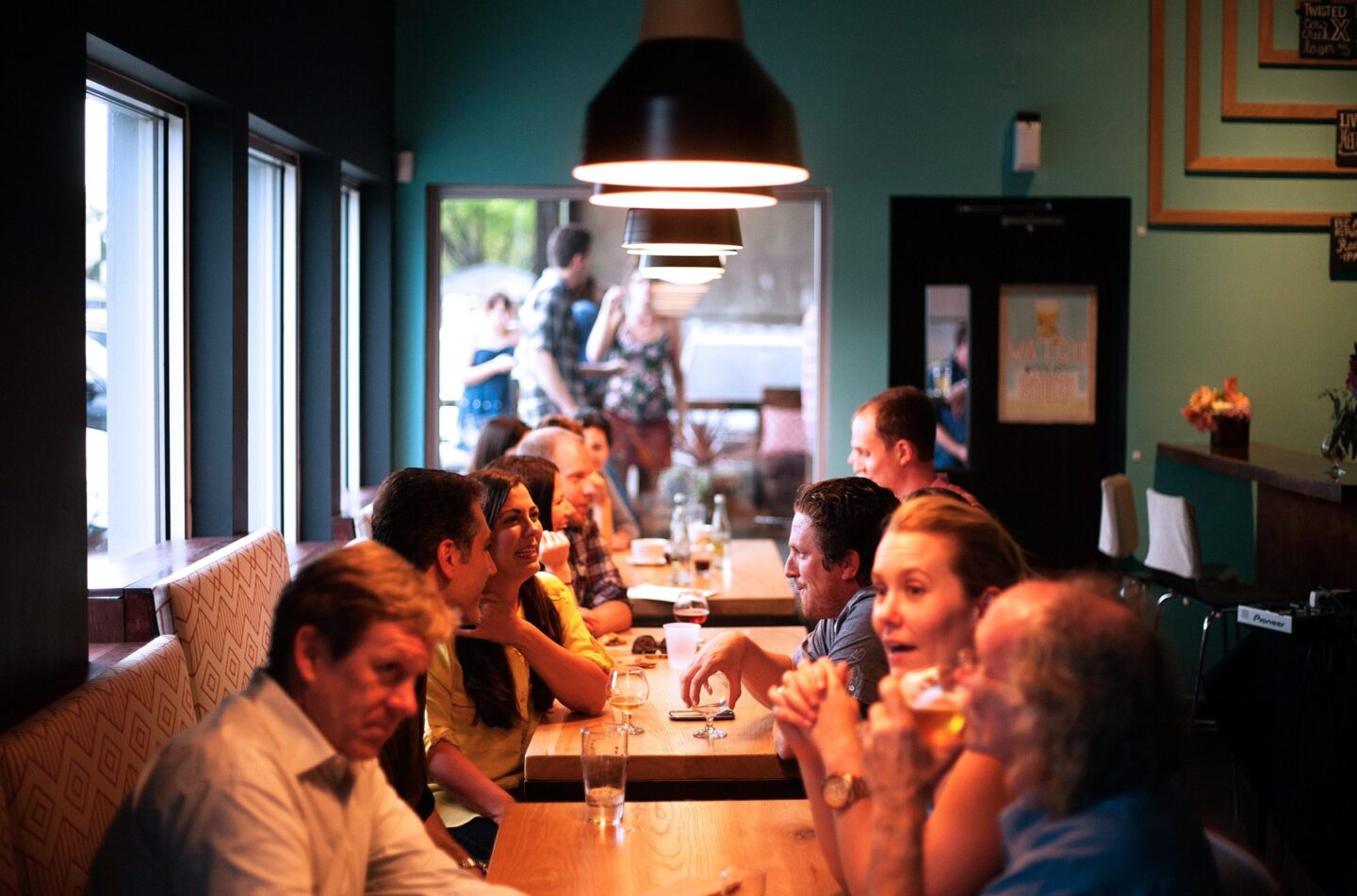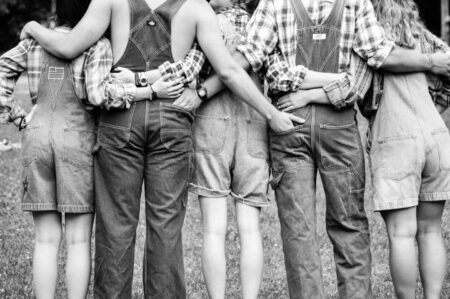“The closer I am to my family, the less I feel like an individual,” The Herd.
The Herd Family
The herd family is highly emotional and reactionary. They huddle and cluster together when anxious. If one member becomes anxious, the whole herd becomes anxious. They are very reactionary and blindly follow each other even if the others are wrong. Being alone is far worse than wrong. Togetherness and traditions are very important. Individuality and differences are discouraged as it threatens the family’s identity.

The Wild
In the wild, the herd’s survival is dependent on everyone looking and acting alike. They are anxiety driven and reactionary. If one member is spooked, they are all run and ask questions later. “Why are we running?” “I don’t know. Why were you running?” “I was running because you were running.” In the end, no one knows why they are running. This is how stampedes are started. Humans are the same with emotional stampedes. Gossip and rumors run ramped as there are no secrets within the herd.
Conflict
If you have a conflict with one a herdsman, be prepared to face the whole family. If the herd perceives itself stronger than the threat, outsiders need to beware. The herd will close ranks to protect its own. However, the herd does have a strong survival instinct. Members recognize that they are safe from predators so long as they can outrun the weakest and slowest members. The rebellious or “different” members (different in the sense of being an individual) are easily picked off.
Attachment
Herdsmen tend to develop fearful-attachment relationship types. That is, they have a fear of abandonment. These individuals need constant
contact and reassurances and become nervous with emotional distance. Herdsmen are very sensitive to emotional changes within the system and are keen at reading others. When upset, they need others to “talk it out.” Outsiders may view them as clingy and smothering. Herd members are emotionally dependent on each other and hold others responsible for their emotional security and wellbeing.
To be heard in these families, members talk loud and fast. Some members complain of no privacy. The bonds of these relationships are enmeshed and intertwined. The boundaries are often weak and inconsistent. It is difficult for members to define their self as they do not understand where they end and others begin.
The Roles
Members play a reluctant role within the herd. Sometimes the emotional intensity of the herd is too great and specific roles develope to help cope and remain connected with the others. Or, they attempt to escape by withdrawing. When withdrawing is not a viable option, these members may explode away by creating a conflict or rebelling against the family. Other members become the lightning rod for trouble, the black sheep of the family or the butt of every joke. Some manage to become the favorite or the golden child who can do no wrong. The peacemaker, the lost child, nevertheless, each member has a role to fulfill. When one member leaves, another emerges to take their place. The herd needs its cast of players to reduce or cope with the emotional tension within the family.
Herdsmen loyalties are ambivalent and reluctant at best. The herd puts down individuality and growth with sabotage. Members are pressured, threatened, or bullied into compliance and put back in place. Guilt is often the weapon of choice. “Who do you think you are?” Or “how dare you think you’re better than the rest of us.” Herdsmen tend to be very competitive and have a win-lose mentality. Within the herd, it’s all about “me” and survival.
The final family type, The Pack, is next.


